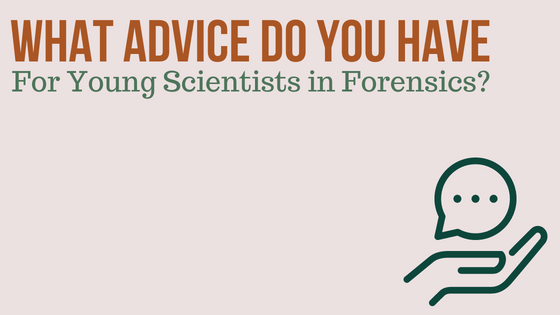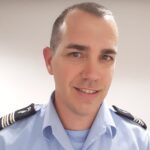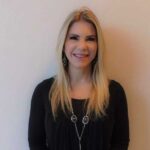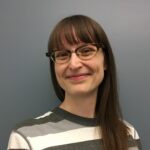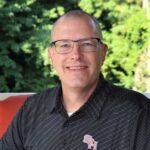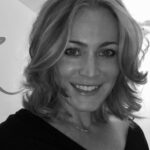Questions abound for students and young scientists just starting out in their career, so who better to ask for advice than our expert speakers? Read below to see what pearls of wisdom our ISHI 33 speakers have for young scientists then join the discussion on our social channels to let us know the best advice you’ve received.
Don’t forget – our free online student forum Clued in on Forensic Careers: Your Questions Answered will be held on February 22, 2023 at 10 AM CST/11 AM EST/ 8 AM PST. Space is limited for this informal and interactive forum, so register early if you’d like to participate live! (All who register will be able to watch on-demand).
The best advice I’ve received: always give the best of yourself and keep the team spirit.
Sylvain Hubac, Head of DNA Division, Forensic Science Laboratory, French Gendarmerie (IRCGN)
Ask a lot of questions and learn as much as you can from your veteran co-workers.
Cheryl Carriero, Assistant Director of Forensic Science Laboratory, DNA Technical Leader, Connecticut
For students considering going into forensics, I recommend talking to people already working in the field. Internships and conferences are a great way interact with forensic professionals.
Abigail Bathrick, Senior Research Scientist, Bode Technology
- Expose yourself to a variety of different forensic disciplines in both study and in practice (internships, research, shadowing, etc.). Not only will this help you to decide on your career path, but the critical thinking that you learn and the knowledge of the principles and methods used in one discipline may help you to better understand or inspire new innovation in another discipline.
Nicole Richetelli, Forensic Analyst and Researcher, Noblis
I would advise students that are interested in forensics to get comfortable speaking in front of people. Join a campus club and run for leadership so that you have to speak in front of people. If you play an instrument or sing, find a place to perform. Do whatever it takes to become comfortable in front of an audience. Because you have an audience at court, and at any one moment during the trial, it might feel like half of your audience hates you. Yet you have to be neutral, calm, and professional at all times. If you have no other option, try the Toastmasters International organization.
Tim Kalafut, Associate Professor of Forensic Science, Sam Houston State University
The best advice that I have received is that we are scientists who are neutral and go where the data leads us. We develop and utilize methods that can shed light on who did and did not commit this crime. We must be objective, and let the data speak for itself.
Ray Wickenheiser, Director for the New York State Police Crime Lab System
This is a career; it is not a job. Perfection is expected. It requires dedicated individuals to work hard and do the right thing the right way, all the time. The rewards are immeasurable.
Julie Conover Sikorsky, Forensic Scientist Supervisor, Palm Beach County Sheriff’s Office
WOULD YOU LIKE TO SEE MORE ARTICLES LIKE THIS? SUBSCRIBE TO THE ISHI BLOG BELOW!
SUBSCRIBE NOW!

